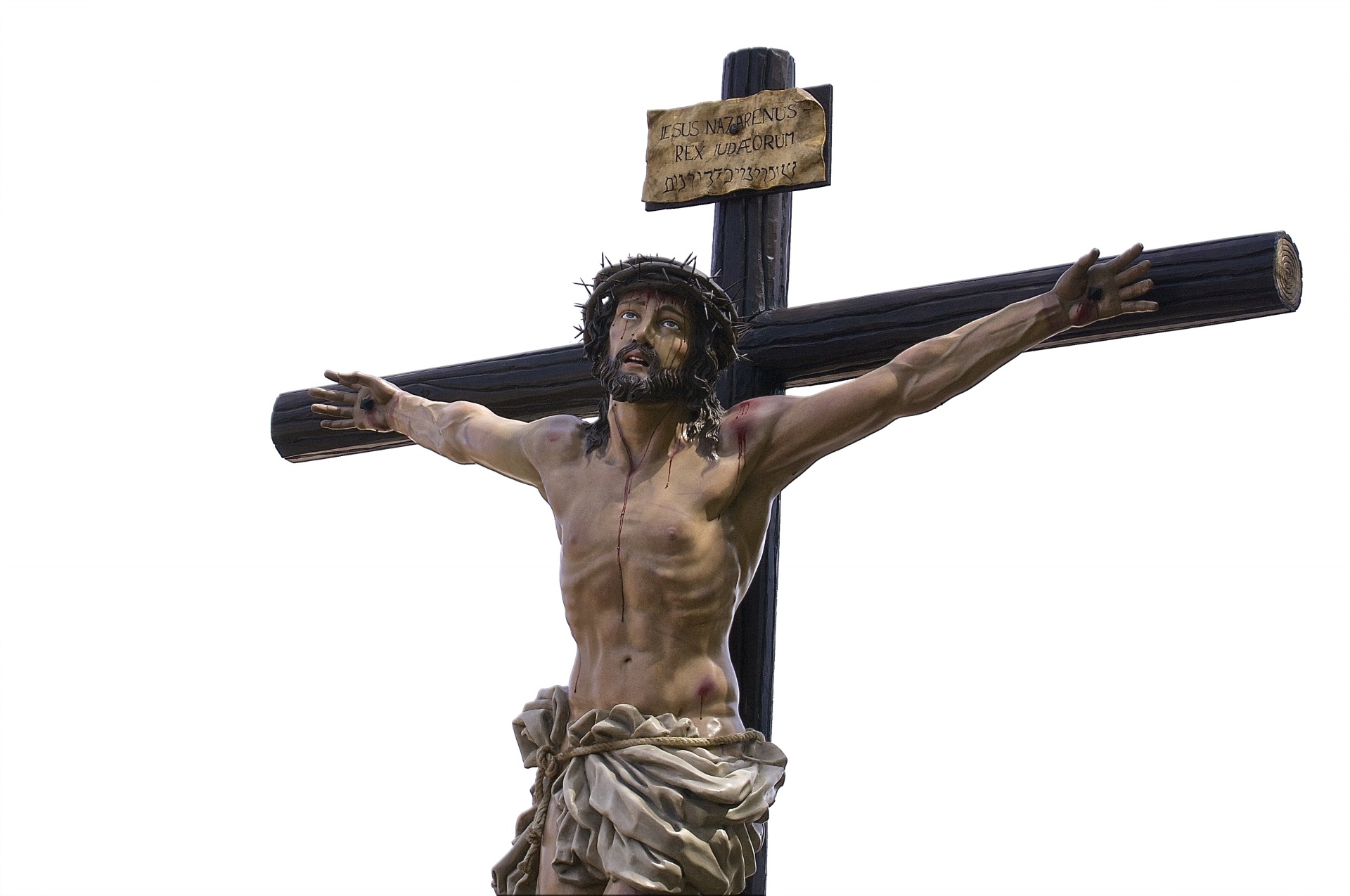Why I'm a satanist

I don't want this to be a controversial post, but I'm aware that it will be taken as one. By identifying myself as a satanist, I need to be careful, because there are some aspects of Satanism that I do not identify with, so I don't want to be misconstrued and I also don't want to misrepresent the position of other Satanists. This is a blog post about my own personal interpretation of what it means to dawn the pentagram and call myself a Satanist.
When you first hear the word Satanism, what comes to mind? If you're like most people you probably think of child sacrafice, malice, and evil. I imagine you picture the most perfect thing imaginable and then take the opposite of it. But what if I told you there was far more to this label than that? What if I could convince you that a compassionate, intelligent person could (and in my opinion should) identify as a Satanist? I imagine that would be incredibly traumatic for you if you've clung your whole life to a loving and respectful identity as part of some religion. If you are afraid you wouldn't be able to live in such a world, I advise you to stop reading and to imagine that the rest of this article is about how I'm actually a malicious, evil person who deserves eternal damnation. I'll even tell you to go fuck yourself because I'm a comedian and am willing to perform to make people happy. If you're feeling brave, come with me and let's have a look inside Pandora's box where you'll find it was not at all what you imagined ;)
Firstly, let me say that Satanists come in many varieties. Some believe in Satan as a real entity and worship him while others prefer to think of Satan as a symbol for the things they believe in. I take no strong stance on this issue. I'm not entirely convinced that Satan isn't a real entity, but I'm also not convinced there is. And for my purposes, the question is irrelevant. Whether he is real or just a fictional character, I am deeply sympathetic towards his narrative.
So what is that narrative? This is one of the interesting things about him. There are two very different ways you could portray him, and the way he is portrayed will completely determine your opinion of him.
 |
| "Begone Satan! There is no place for you in this universe and yet I won't do you the favor of not making you in the first place" -God 4:23 (NIV) |
If you are judeo-christian, this is the narrative you likely believe. It's pretty nice. It's got that classic feel of a 90's TV show with clearly delineated good and bad guys. It's clear-cut and easy to understand. Something was just wrong with Satan that made him bad and so we shouldn't feel any sympathy for him. He made his choices and is getting what he deserves. It's justice.
But in my opinion, it's also a pretty lame story. There's something about it that just doesn't ring true with me. There's several things that just don't add up and leave me feeling deeply unsatisfied because this is really just a manifestation of the meta-narrative of fear- that the universe is an unforgiving place which will fuck you over if you don't watch out. And that's not a narrative I'm comfortable aligning myself with. So let's try a different story and see how we like that.
Satanism is the recognition that God hasn't lived up to his own ideals. It's the assertion that the narrative of history is one of love; one where every person, god, and animal is recognized as the beautiful creature they are who is just playing a part in the beautiful story. My worry in telling this story is that it is deeply unsympathetic to God, who in most cases appears to be a very caring entity. He just makes mistakes. He's not God after all (sorry, that was low spib). This is where I distinguish myself from other Satanists. I don't want vengeance on God. I don't want to destroy him and take his place. Because I imagine I would likely be worse if I was in his position. Give anyone all the power in the world and they will become corrupt.
To accurately describe my position I'd need to adopt another label that is misunderstood: anarchist. I'm an anarcho-satanist. By this I mean that I recognize the need to evenly distribute power throughout society to prevent abuse. If even God himself can't handle that power (as the narrative of Satanism attempts to show), why the fuck would we trust a human to have power? In order to achieve a world where we can all be happy we need to do the hard, slow work of dismantling the systems of power that we've all allowed to exist and teach people to respect the beauty of each other's humanity (and the beauty of the the world we live in) so that we can all be happy and the story can end (and probably begin again, because why the hell not? I'm a masochist- we need a place for pain as well in order to get the full experience).
Good talk.
Update: There is a part two to this blog! If you found this interesting, check out https://bramsfunblog.blogspot.com/2018/06/why-im-not-satanist.html

Comments
Post a Comment